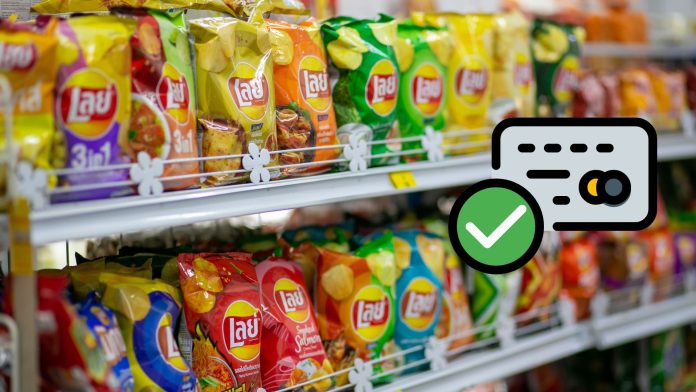Travelling to Thailand and wondering if you can or should use your credit or debit card when you shop there? Well, the answer to the first question is, yes you can! The second question, whether you should use your credit or debit card in Thailand, requires a detailed answer. Let us see.
Related: All about withdrawing cash from an ATM in Thailand
Card Acceptance In Thailand
Card payments are welcome in many business establishments in Thailand, even in some massage shops. You can pay with your international MasterCard or Visa card at supermarkets, branded convenience stores, large retail outlets, hotels, and medium to high-end restaurants. Generally speaking, when paying for shopping or stay or food, etc., it should be possible to pay using a card.
However, when making other types of payments, such as topping up a prepaid instrument like the Rabbit Card, you may have some difficulty paying with a card. Last time I checked, Rabbit top up was allowed only against a cash payment.
Additional Service Charge
Many small and stand-alone shops also accept cards, except that they may (or may not), demand an additional service charge of 2 to 4%. This is particularly true about massage shops. Actually, I will advise against using a card at a massage shop in Thailand, and not just for the reason of additional service charge. The main issue there would be of security.
Loss of Discounts
At some business establishments in Thailand, discounted prices of merchandise may not be available if you choose to pay using a card. I remember one specific example. MBK shopping mall in Bangkok used to have a privilege card for tourists which offered some free stuff and discounts when shopping in the mall. One such discount of 5% was available in the Tokyu Department Store, but with the condition that the payment was made in cash only. You may come across such a policy elsewhere in Thailand.
(Tokyu was shut down permanently in 2021)
Dynamic Currency Conversion
Dynamic Currency Conversion (DCC) is a Thai scam by which your ATM or debit/credit card gets charged in home currency instead of Thai baht. A Thai agency, working in partnership with Thai banks, instantly converts the currency of the transaction from Thai baht to the home currency of the cardholder. Your card gets billed in your home currency, but the overall cost of the transaction goes up because of the extra profit pocketed by the Thai agency involved.
While withdrawing cash from an ATM in Thailand, most often you are given a choice to opt for DCC, and you may decide against it. However, when shopping at a merchant, this DCC scam happens without any warning. The merchant charges your card in your home currency without seeking your permission. You have to be careful to tell the merchant while handing over your card that they should charge you in Thai baht only.
When Credit or Debit Card Is Helpful in Thailand
You will be glad to have your credit card with you in Thailand when doing an online transaction such as booking a hotel or flight, or booking a sightseeing tour with Klook or a similar online service. For these types of transactions, online payments are a must. For the rest, as you can see from the concerns mentioned above, card payments may be avoided in Thailand to the extent possible.
Thank you for reading. Kindly share your experience of making card payments in Thailand, via the comment form below.
Related





